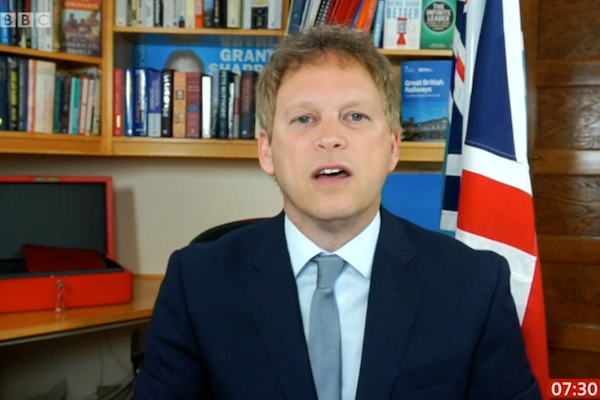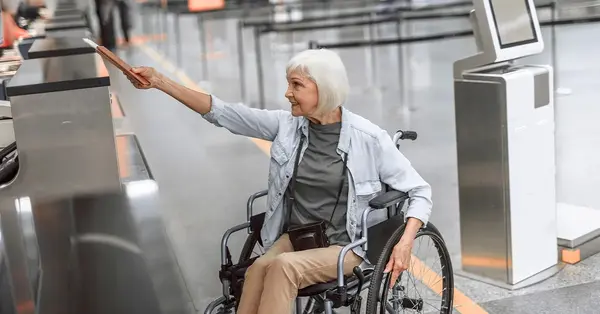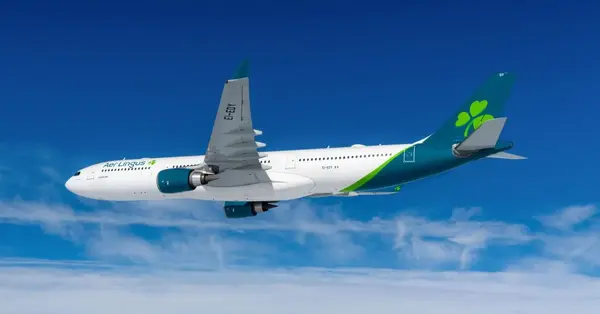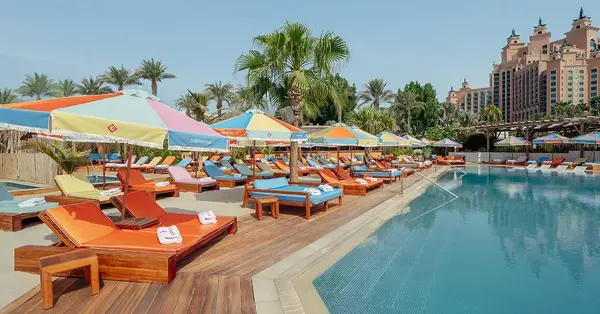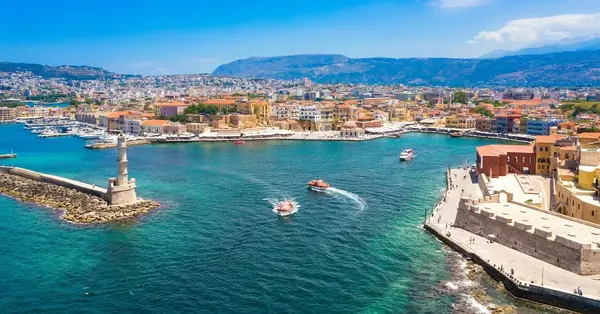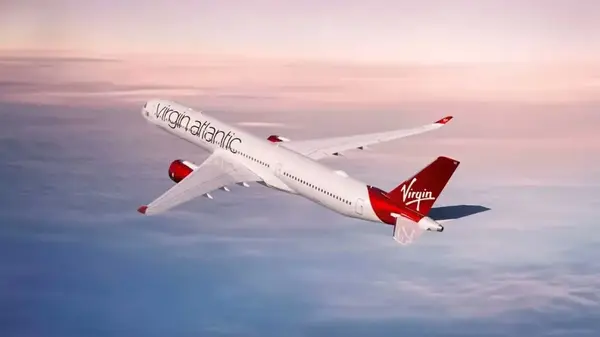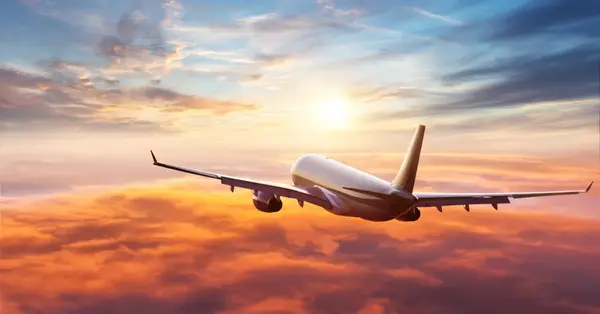You are viewing 1 of your 2 free articles
Airline chiefs demand answers from Shapps on green list decision
Airline bosses have posed a series of questions to transport secretary Grant Shapps, demanding to know the methodology behind the government’s decision to remove Portugal from the green list from Tuesday.
A letter to Shapps from Airlines UK asks why Portugal was not placed on a green watch list as promised and demands transparency on the criteria and data behind the decision.
It suggests the government is using the traffic light system “to curtail air travel rather than facilitate it”.
Airlines UK represents carriers including easyJet, Ryanair, British Airways, Jet2, Tui Airways and Virgin Atlantic.
The letter describes the decision to remove the single major destination on the government’s green list as “a shock and severe blow to the UK aviation industry and the travelling public”.
It states: “The lack of transparency around the decision . . . heightens concerns that the government has moved away from the purpose of its own Global Travel Taskforce, to seek to curtail air travel rather than facilitate it where safe to do so.”
The letter, signed by Airlines UK chief executive Tim Alderslade, notes: “The Global Travel Taskforce report stated clearly that the Joint Biosecurity Centre will publish data and analysis to support the process of allocating countries. This has not happened, making it impossible for airlines and our customers to plan.
“It is entirely reasonable . . . that businesses and travellers affected are able to scrutinise decisions based on transparent data.”
In light of the decision, Alderslade says the airlines “request urgent answers to the following questions:
- Why was Portugal not placed on a green watch list as promised by the Global Travel Taskforce, and will the government publish the full analysis underpinning the decision?
- When will a green watch list be introduced?
- What are “the full criteria and thresholds that determine a county’s allocation into green, amber or red, and the promised green watch list”?
- Why were key markets in Europe, as well as the US and the Caribbean excluded from green designation “given low case rates, high vaccination levels and low positivity indicators”?
- Will the government publish transparent data on all countries “as a watch list for countries in green at risk of going amber and vice versa”?
- The EU has proposed a level of 75 cases per 100,000 population to permit non-essential travel within and into the bloc – what is the UK’s equivalent?
- On what scientific grounds are fully vaccinated customers subject to the same levels of restrictions as non-vaccinated arrivals to the UK?
- Has a pre-determined level of vaccination been set before a country is able to gain green status? If so, what is it?
- What are the rules of genome sequencing, “as Portugal seems to have been penalised for doing more sequencing than other countries”?
- What datasets are being used to assess islands separately from mainland territories, given “many have a strong case for green list inclusion”?
The letter concludes: “It is clear . . . that the current traffic light framework does not reflect the risk of travel nor facilitate safe travel as it should.
“If the government is serious about driving economic recovery, the framework must be adjusted by the latest at the checkpoint on June 28 to provide a pathway for vaccinated people to travel without restriction, to remove restrictions for green countries and to make the amber category workable including [by] reducing quarantine and the burden of testing on travellers.”

